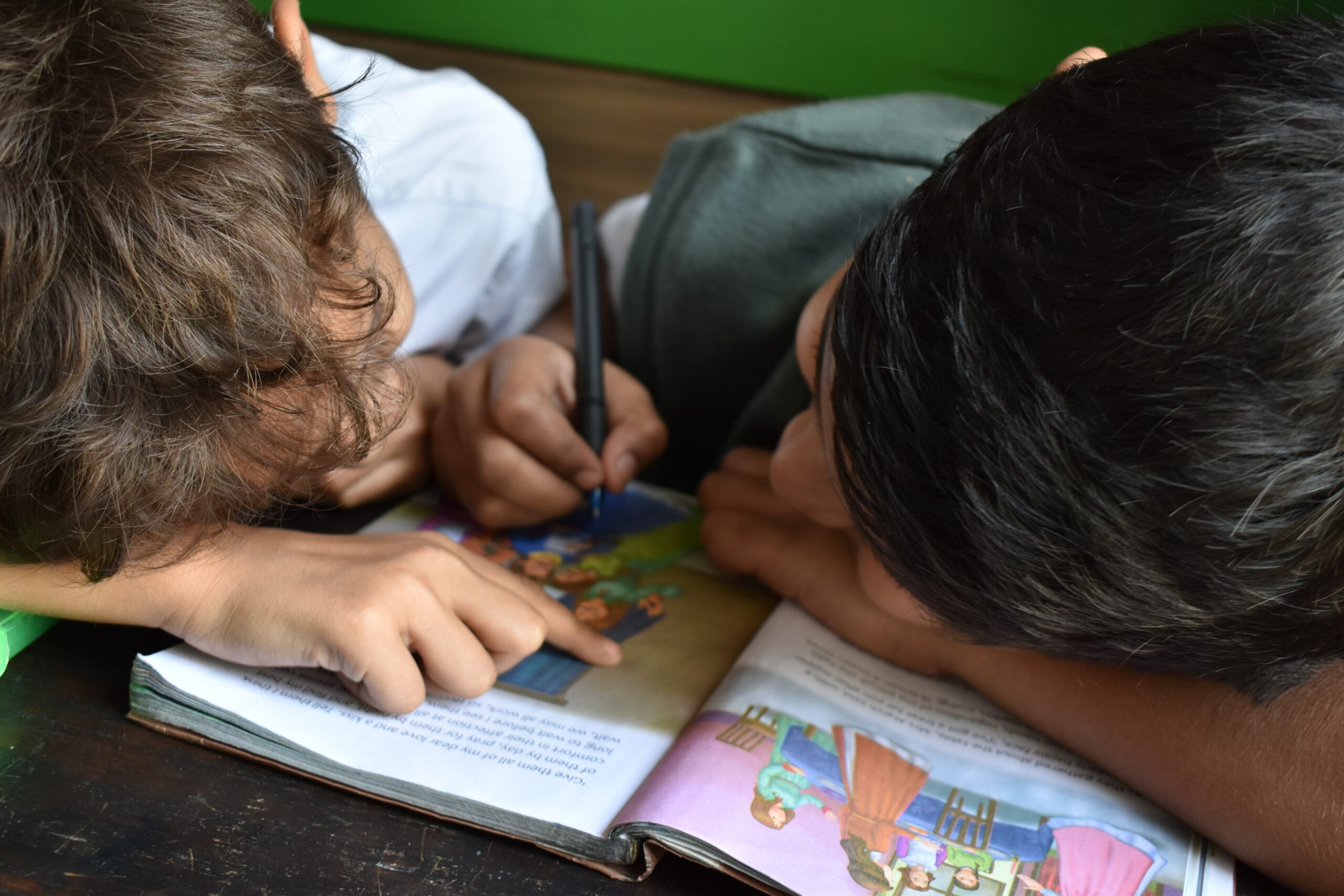
Are some languages more difficult to read and write than others? This matters a lot in comparative education assessments
Antonella Sorace, Professor of Developmental Linguistics at the University of Edinburgh, says that while understanding and speaking a language come naturally, learning to read and write is not something that brains develop automatically. Prof. Sorace raises a question that matters a lot in the context of comparative education surveys and assessments: “Are some languages more difficult than others”?
(i) to master as one’s first language
(ii) to learn as a second language?”
It is essential to differentiate between language acquisition and reading acquisition: to become conversant and fluent in a language does not rely on the same skills as becoming an expert reader (and writer). Because different languages are written in different ways, it is true that some languages are easier to learn to read than others. All children are equal when learning to speak their first language but reading and writing are a different matter.
A study titled “Becoming literate in different languages: Similar problems, different solutions” has shown that children who speak English or French spend more years in school learning to read than children who speak Italian or Finnish. The reason is that in Italian or Finnish there is a very close match between written letters and spoken sounds, while in English or French there is a difference between how words are written and spoken. Stephen Linstead is Chair of the English Spelling Society, which is pushing for a modified spelling system to improve access to literacy.
In Chinese and Japanese writing things are even more complicated as these languages are based on symbols for words or parts of words instead of letters that stand for individual sounds. This means that learning to read these languages can take even longer.
However, once reading skills have been acquired it is observed that children who are literate in a “complex” native language are not at a disadvantage versus children literate in a “less complex” native language. Finally, the difficulty of a given language you are learning as a second (or third) language mainly resides in differences versus your first (two) language(s).
Sources
“Curious Kids: are some languages more difficult than others?”, Claudia Lorenzo Rubiera, The Conversation, February 2, 2023